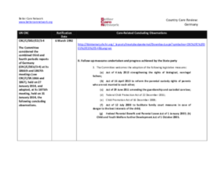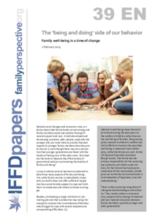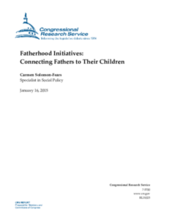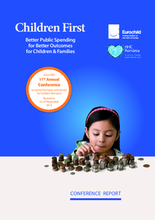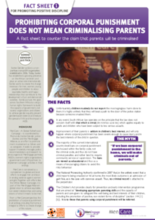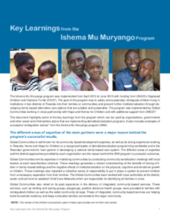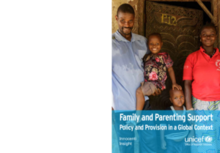Displaying 571 - 580 of 947
This country care review includes the care related Concluding Observations adopted by the Committee on the Rights of the Child and the Committee on the Rights of Persons with Disabilities.
This video examines Standard 13, “Unaccompanied and Separated Children,” of the Minimum Standards for Child Protection in Humanitarian Action, developed by the Global Child Protection Working Group and collaborators.
This qualitative study sought to understand the experiences of parents in England who are separated from their children due to their placement in a secure psychiatric center. The study included participants whose children had been placed into foster or kinship care or family adoption.
The present study employed Interpretative Phenomenological Analysis (IPA) to explore the experiences and meaning of motherhood among teen mothers in foster care in the United States.
This paper provides a brief overview of basic family structures in EU countries and a description of family breakdown and its impact on children’s wellbeing.
This paper from the US Congressional Research Service provides an overview of fatherhood initiatives in the United States and includes brief evaluations of five of these initiatives.
This report summarizes the discussions and activities held at Eurochild’s 11th Annual Conference, co-hosted by Hope and Homes for Children in Bucharest, Romania on 26-28 November 2014.
These eight MenCare “Positive Discipline Fact Sheets,” authored by MenCare co-coordinator Sonke Gender Justice, debunk common myths about corporal punishment and promote positive discipline and caregiving.
This document highlights some of the key learnings from the Ishema Mu Muryango program, a program designed to safely and sustainably reintegrate children living in institutions in two districts of Rwanda into their families or communities and prevent further institutionalization.
This report examines and analyses policies and provision for family support and parenting support based on general literature searches and evidence gathered from 33 UNICEF national offices and detailed case studies of nine countries.

